Civil war is a momentous evil. Civil war needs momentous and solemn justification
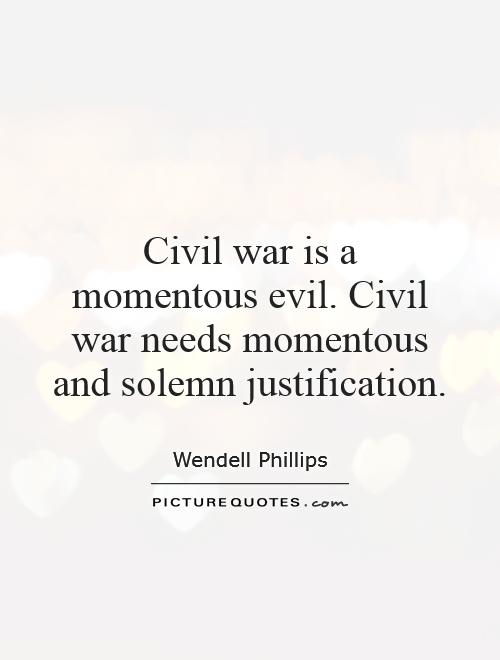
Civil war is a momentous evil. Civil war needs momentous and solemn justification
Wendell Phillips, a prominent abolitionist and advocate for civil rights in the 19th century, understood the gravity of civil war and the need for a solemn justification for such a drastic measure. Phillips believed that civil war was a momentous evil, a last resort that should only be undertaken when all other avenues for resolving conflicts had been exhausted. He recognized the immense human cost of war, both in terms of lives lost and the destruction of communities and families.Phillips was a staunch opponent of slavery and believed that the institution of slavery was a moral evil that needed to be eradicated. He saw civil war as a necessary evil in the fight against slavery, but he also understood that the justification for war needed to be clear and compelling. Phillips believed that the cause of freedom and justice was worth fighting for, but he also recognized the need for a strong moral and ethical foundation for any military action.
In his speeches and writings, Phillips argued that civil war should only be undertaken when all peaceful means of resolving conflicts had been exhausted. He believed that war should be a last resort, used only when all other options had been tried and failed. Phillips also believed that the cause for which war was being fought needed to be just and righteous, with a clear moral imperative behind it.
Phillips' views on civil war were shaped by his deep commitment to the principles of justice, equality, and human rights. He believed that war should only be waged in defense of these principles, and that the costs of war should always be weighed against the potential benefits. Phillips understood that civil war was a momentous evil, but he also believed that there were times when it was necessary to fight for what was right and just.

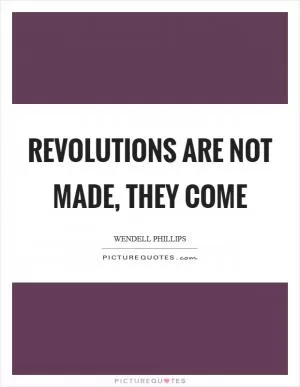
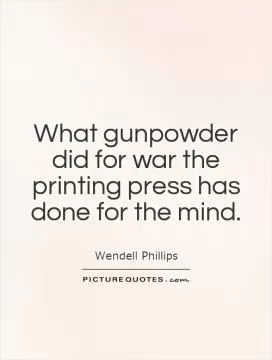
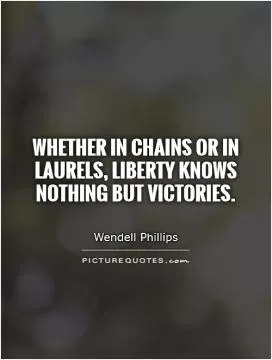
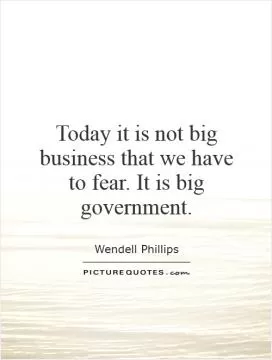
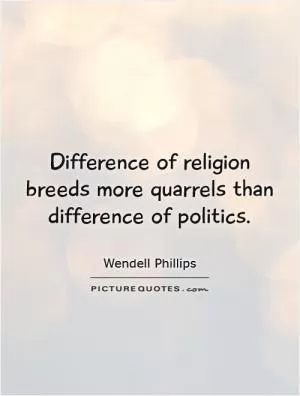
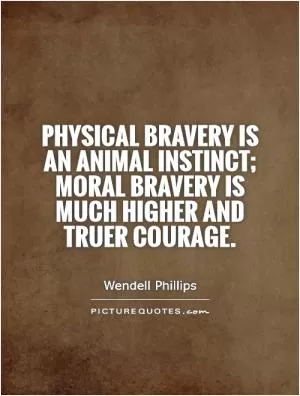


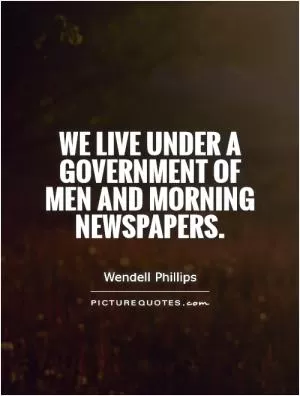

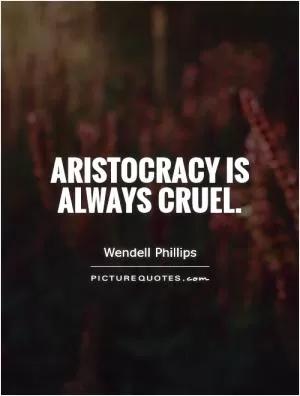
 Friendship Quotes
Friendship Quotes Love Quotes
Love Quotes Life Quotes
Life Quotes Funny Quotes
Funny Quotes Motivational Quotes
Motivational Quotes Inspirational Quotes
Inspirational Quotes